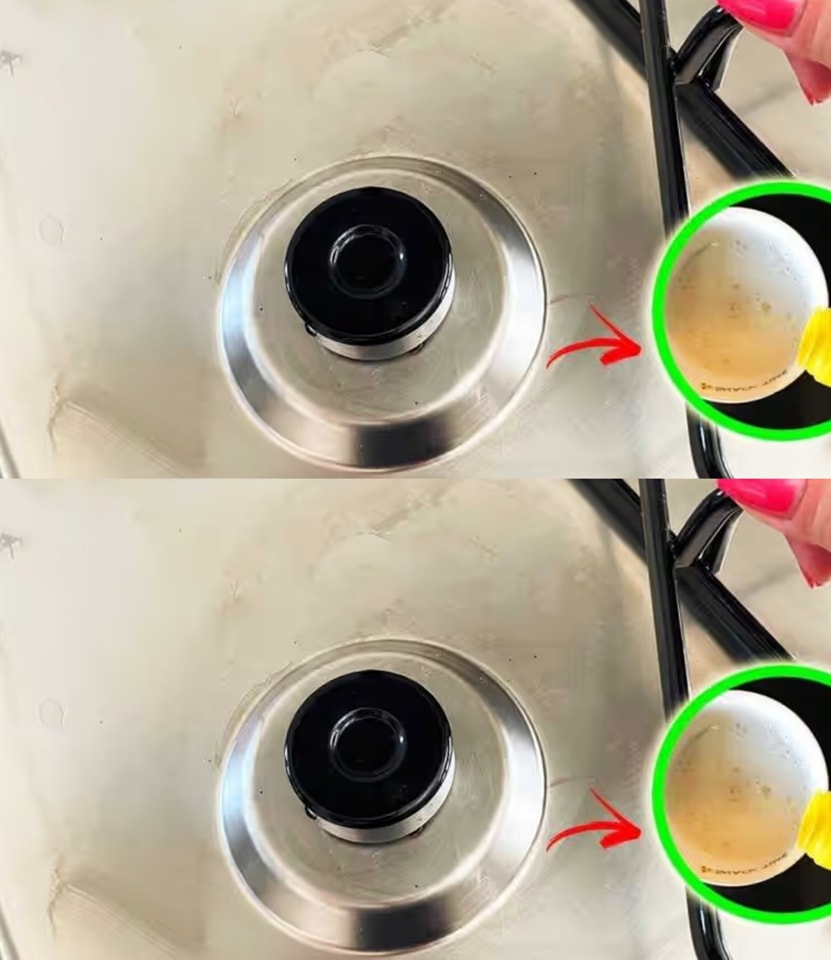ADVERTISEMENT
So take a lemon and cut it in half. Then pass this half over the pickled steel like a sponge and you will see the stains disappear in an instant!
For an even more effective result, you can also dip the lemon sponge cake in salt until it forms a thin white layer . Wait for the salt to soften in contact with the lemon, shake the lemon well to eliminate the excess salt and rub it on the surface to be cleaned.
Note: It is recommended to use fine salt and avoid coarse salt, which can be abrasive and scratch surfaces. Also, it is best to always shake the sponge before use to remove excess salt.
Homemade Detergent
How about creating a natural detergent that, thanks to the combination of the properties of multiple ingredients, can be your salvation in quickly removing water stains on all steel surfaces? So equip yourself with:
150 grams of citric acid
1 liter of water
1 liqueur glass
Juice of 2 lemons
First dissolve the citric acid in water and filter the juice of two lemons . Then pour the lemon juice into a bowl with the white vinegar and also add the citric acid mixture.
Then put everything in a spray bottle and your cleaner is ready to use. Just spray the mixture on a sponge and rub it on the steel surfaces. Leave it for a few minutes , then scrub with the sponge and rinse with warm water.
Finally, dry well so that no drops remain and that’s it !
Here’s how to fight limescale
Now that you know how to remove water stains from steel, let’s look at some precautions you can take to prevent them from forming.
We especially recommend washing and drying the steel regularly after each use to immediately remove any water splashes. In the long term, these water stains are difficult to remove.
After rinsing everything, proceed to dry completely. Finally, remember that the main cause of limescale formation is excessive humidity.
Warnings
We remind you to always proceed with caution and always test these tips on a hidden corner of the surface to ensure that they do not cause any damage. Never use them on marble surfaces as they can corrode due to their acidity.
ADVERTISEMENT
